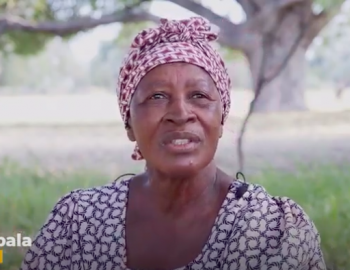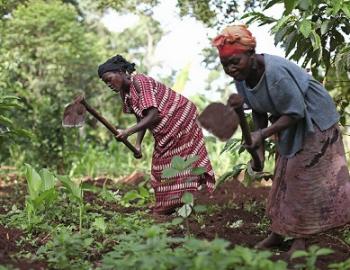Food security in a climate perspective: what role could the private sector play regarding investment in smallholder agriculture in Ethiopia, Malawi, Mozambique, Tanzania and Zambia
Food security in a climate perspective: what role could the private sector play regarding investment in smallholder agriculture in Ethiopia, Malawi, Mozambique, Tanzania and Zambia
The purpose of this study is to discuss different ways of implementing the "Food Security in a Climate Perspective strategy 2013-15" in relation to support to private sector development and public-private partnership (PPP) as regards agriculture, climate change and food security in Ethiopia, Malawi, Mozambique, Tanzania and Zambia. We assess eleven different cases of private sector development and their relevance to smallholder investments in agriculture. An important basis for this study is the voluntary Principles for Responsible Agricultural Investments (RAI) developed by the Committee on World Food Security (CFS). These guidelines define both business enterprises and smallholders as possible private sector actors, and thereby included in private sector development. The implications of the CFS-RAI guidelines is that investment in, by and with smallholders, and support to such investments, are seen as private sector development. We assess three different approaches to supporting private sector developments: i) promote an enabling environment for private sector development; ii) provision of public goods and services; and iii) direct investment support. In all three approaches, the interests and needs of both business enterprises, such as companies, and smallholders should be recognized. The enabling environment should balance the needs and demands of both smallholders and business enterprises; the public goods and services should address factors affecting both smallholders and business enterprises, and direct support could be provided to both business enterprises and smallholders.



